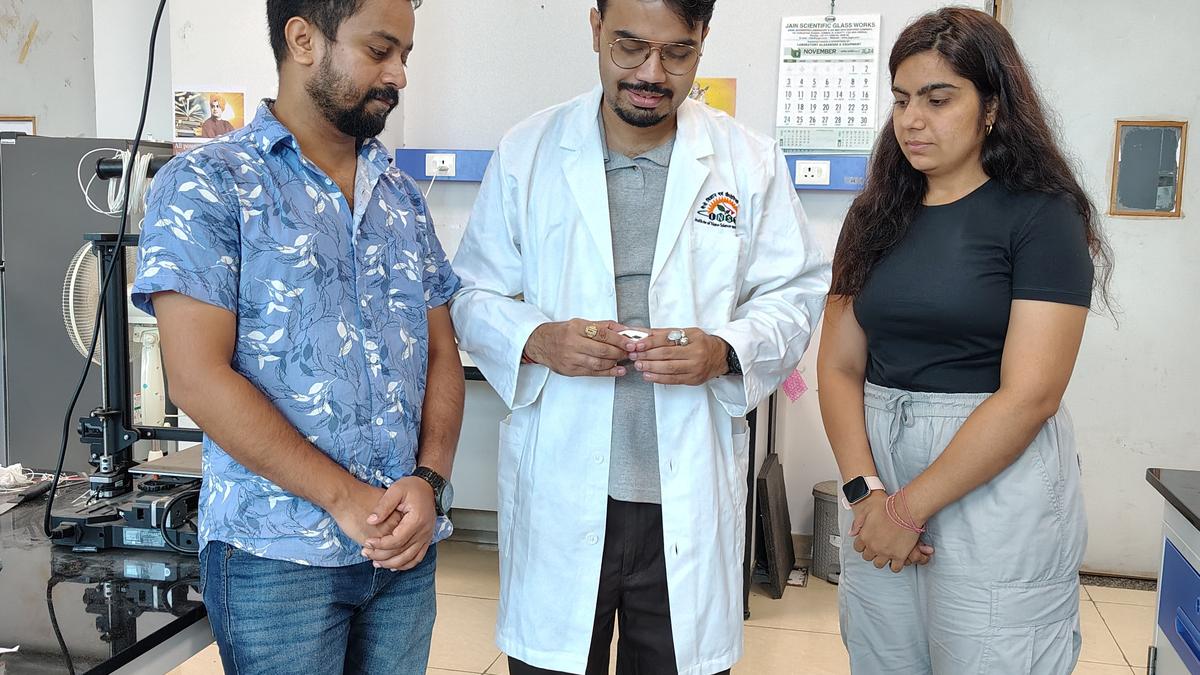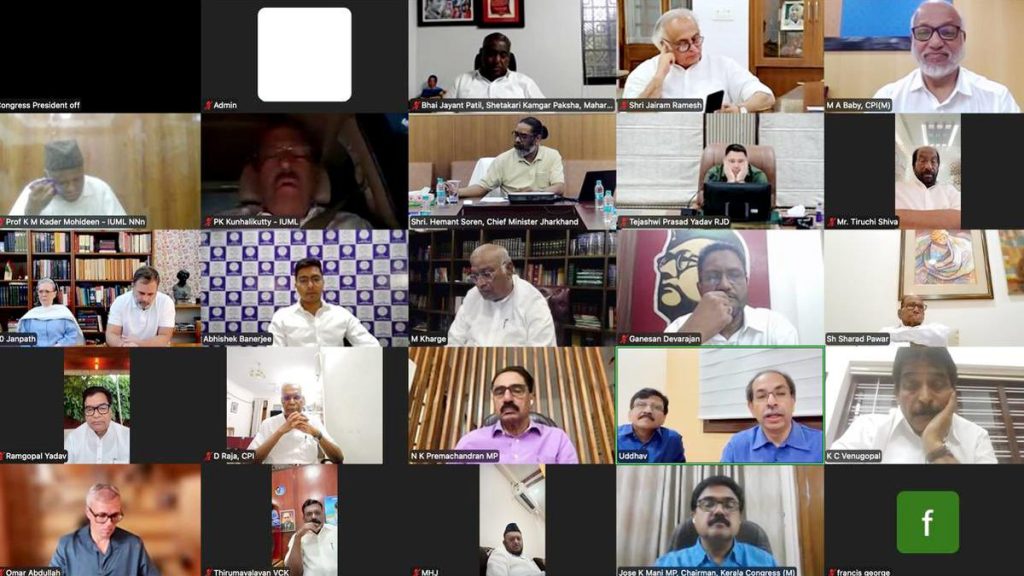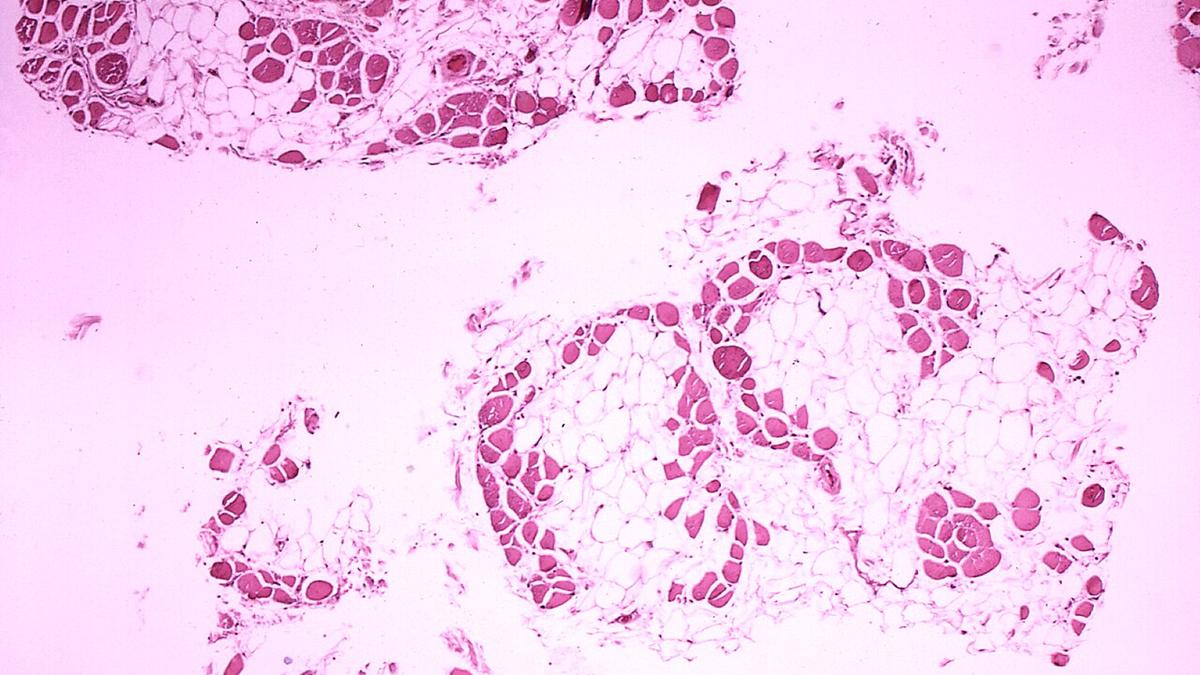Now Reading: Innovative Water Filter Developed Using Light and Vibrations
-
01
Innovative Water Filter Developed Using Light and Vibrations
Innovative Water Filter Developed Using Light and Vibrations

Rapid Summary
- Scientists from the Institute of Nano Science and Technology (INST), Mohali, IIT-Dharwad, and IIT-Kharagpur have developed a low-cost, reusable water filter.
- industrial dyes like Congo Red and Methylene Blue released by factories harm human health but are frequently enough difficult to remove cost-efficiently due to high chemical/electricity usage in customary methods.
- the new filter employs 3D printed polylactic acid (PLA) sheets treated with sodium hydroxide and nanoparticles of bismuth ferrite (BFO).
- BFO enables “piezo-photocatalysis,” a process that removes dyes both during the day using light energy and at night through vibration-induced electric fields.
- Tests showed the filter removed ~99% of Congo Red and ~74% of Methylene Blue within 90 minutes under combined light-vibration conditions. It also partially cleaned real wastewater samples from textile plants.
- AI models such as random forests, XGBoost, and neural networks were applied to optimize operation variables for predicting cleaning performance with reliable accuracy.
- Plans are underway to scale up production for use near treatment plants as well as programs like Jal Nigam and Namami gange.
Indian Opinion Analysis
The progress of this innovative water filter marks a promising step toward addressing India’s critical water pollution issues. By providing an eco-friendly solution that minimizes costs while effectively removing harmful industrial dyes under varying conditions (day or night), this technology could considerably benefit regions plagued by contamination from textile industries.
Deployment under government initiatives such as Namami Gange aligns well with India’s efforts to clean major waterways.Additionally, leveraging machine learning models illustrates how advanced computational techniques can accelerate environmental problem-solving in research. While practical scalability remains a key concern, collaborations involving biotechnologists hint at ongoing enhancements aimed at long-term sustainability.
As untreated industrial waste continues threatening public health across densely populated areas in India, solutions combining technological efficiency with ecological balance will play pivotal roles in mitigating large-scale water crises over time.
Read more: Link
























